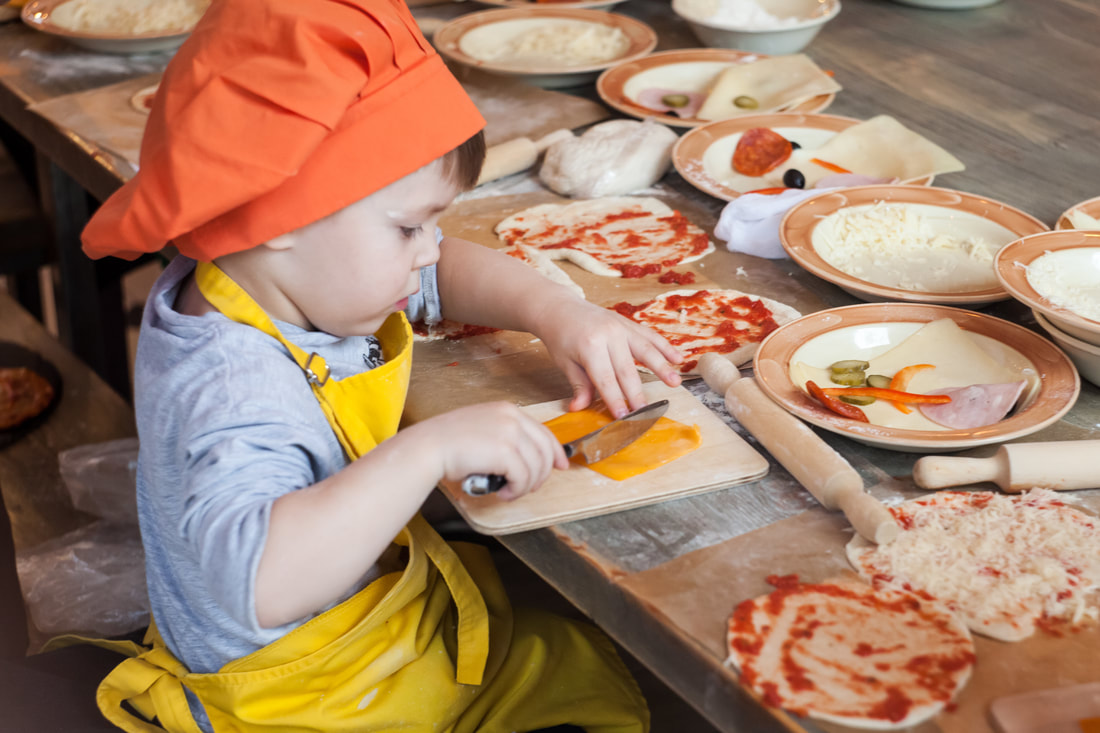Sentry Page Protection
Unit 5 Student Login 
Unit 5 Student Login
Welcome, (First Name)!
Enter Member Area
(Unit 5) Topic 8: Cooking Up Fun!
4 Clock Hours of Early Childhood Education



























